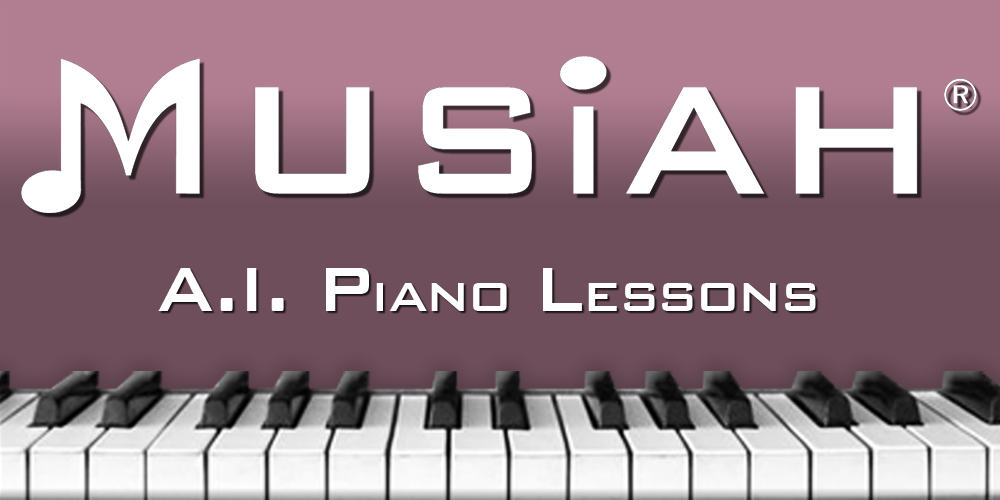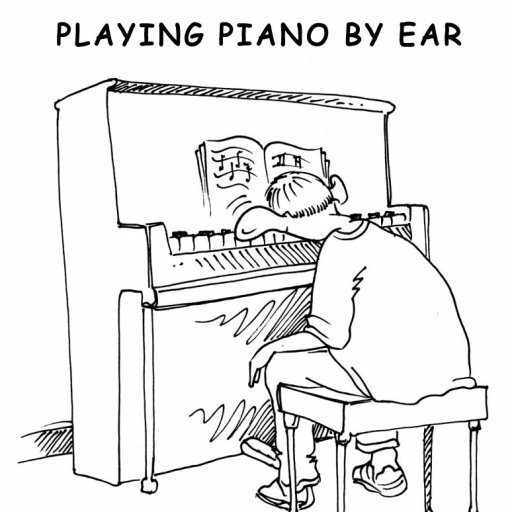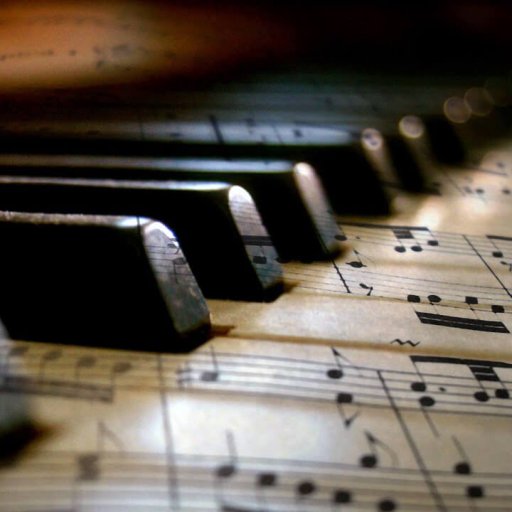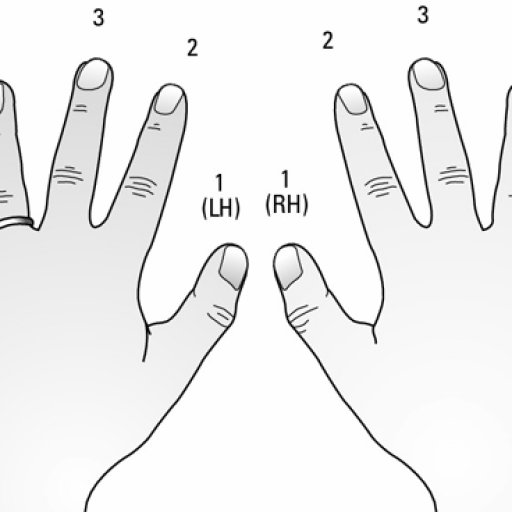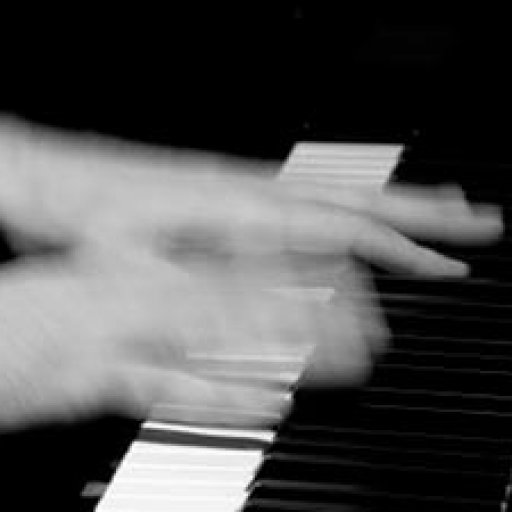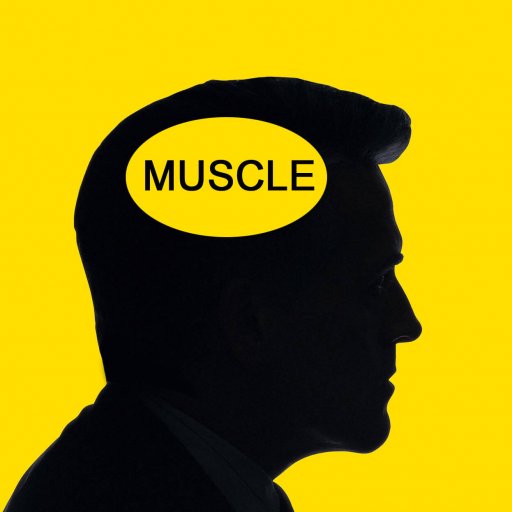Piano Scales — Are They Necessary?
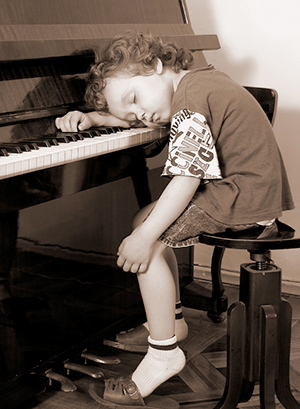 Do you enjoy playing piano scales?
Do you enjoy playing piano scales?
If music is food for the soul, then it could be said that scales are like musical vegetables… we all know they’re good for us but most people (if we’re honest), don’t really enjoy eating them.
Sure, we can tolerate the odd smattering of scales and arpeggios here and there perhaps as a warm-up, but most piano students and pianists would rather spend time playing what they really enjoy — the pieces they love playing.
So how necessary are scales really? There are many different opinions on this.
Some of the benefits commonly ascribed to scales include:
- They develop your awareness of tonality and knowledge of all the keys
- They help you develop fast agile fingers
- Scale and arpeggio runs make up the bulk of what people perceive as difficult music therefore having an intimate knowledge of them is essential
- If you improvise they help you immensely
- They teach you how to effectively move your thumb which is the foundation of all piano playing
- Scales develop co-ordination between the two hands
- Scales help develop finger strength
- Scales help to improve a pupil’s keyboard geography
- Scales help students develop a strong sense of rhythm, articulation and speed, which are all important for playing the piano
While it is true that scales do help you develop in all of these areas, the good news is — so too does practicing and playing your favorite pieces, especially if those pieces happen to contain scale-like passages.
There is no doubt scales are good for learning fingering and positioning on the keyboard but I'd much rather take a piece of music with a specific technical difficulty and strengthen my technique that way.
Interestingly, some pianists such as Barenboim and Richter claimed they never did a scale as an exercise.
And certainly my own piano teacher, Professor Anthony Glavin of the Royal Irish Academy of Music was of a similar view.
Now I’m not suggesting that you ignore scales altogether. Far from it. I’m simply saying that some piano teachers and many exam syllabi place more emphasis on scales than is really necessary. You should definitely learn scales and arpeggios but you don’t need to practice them for hours every day.
Learning scales, much like eating vegetables, is part of a healthy musical diet. That said, you don’t need to become a musical vegetarian spending most of your time on scales at the expense of your pieces.
As a guide, regularly supplementing your practice with just a few minutes each day practicing scales is a well-rounded approach that will definitely pay dividends.
Would you like 14 Days of piano lessons completely Free?
If you (dear reader) would like to experience balanced piano lessons that provide you with a well-rounded musical education including just the right amount of scales at the right time in your musical journey, I warmly invite you to try Musiah Piano Lessons.
Musiah is the world's first and only A.I. piano lessons app with the depth of instruction of a world-class teacher. It's so incredibly effective that students learn up to 16 times faster than students learning the same material with a live teacher.
So why not give yourself the life-long gift of music by taking our 14 Day Free Trial.
And if you have any questions about Musiah’s piano lessons, please feel free to contact me directly.
Thanks for reading,
Brendan Hogan L.Mus.A, A.Mus.A.
Piano Teacher & Musiah Inventor
RECOMMENDED ARTICLES
Online Piano lessons – Do They Work?
Piano Lessons For Adults
Piano Lessons For Kids
Piano Lessons For Beginners
Advanced Piano Lessons
Free Piano Lessons (on piano technique)
The Best Piano Method
The Best Piano Learning App
Learning To Play Piano As An Adult – Why it's easier than you think!
